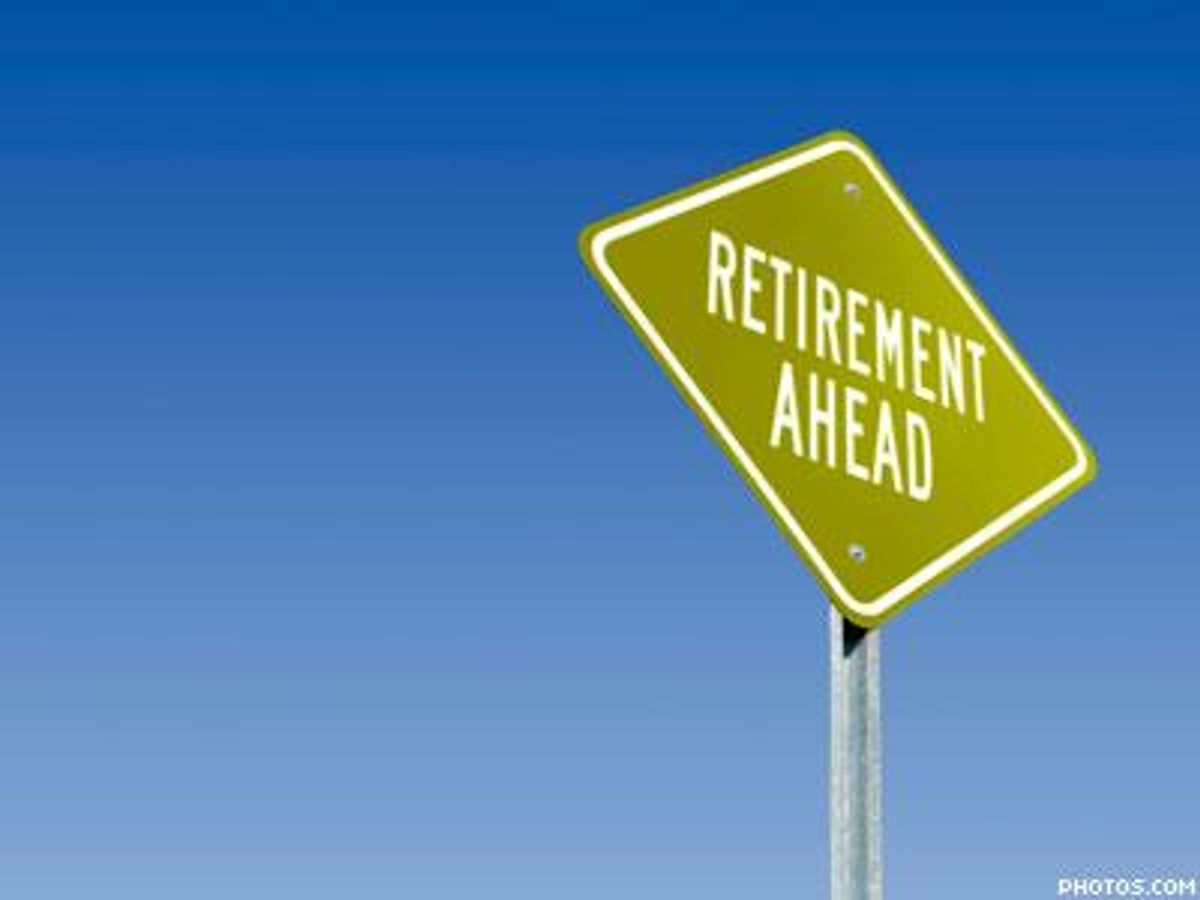All Rights reserved
By continuing to use our site, you agree to our Private Policy and Terms of Use.
Whether you are just entering the workforce or entering your golden years, there are a few steps you can take now to spruce up and de-stress you retirement plan. The sooner you get started, the easier the road ahead will be to reach that desired day of financial independence -- you know, the day work becomes an option.
I've spoken with many pre-retirees who have been losing sleep over their retirement plans and even more who have been completely ignoring their accounts for years. I say retirement is nothing to sleep on. Here are a few tips to help reduce the stress of handling these accounts, and more importantly help you get your financial plan back on track.
Make it automatic
Whether you are making payroll-deducted contributions to a 401(k) plan, or using an IRA or Roth IRA, make automatic contributions at least monthly. Treat it like any other bill that is due. Put money away automatically so it actually happens.
Maximize any employer contribution
You wouldn't turn down a raise if you boss offered it, would you? By leaving company matches on the table you are essentially leaving free money on the table. Figure out what the company matching policy is, and at the very least try to contribute enough to get the full match.
Trending stories
Ignore the news, and don't try to time the market
The stock market values move every second. You can stare at the market all day and stress yourself out, but to be honest, I don't think it will do anything to increase your odds of reaching a comfortable retirement. On the other hand, all that stress may make retirement planning a bit easier if a heart attack kills you at 50 -- just saying. As for market timing, dollar cost averaging (putting money into your account regularly) helps reduce the need to really worry about when your money is going in. While this doesn't eliminate risk, putting smaller chunks of money in at a time does help reduce the risk of your portfolio over time.

The earlier you sit down with a certified financial planner to get your retirement on track, the easier it will be to reach financial independence. They can help you set up a comprehensive strategy to reach your specific goals and help make sure you are taking full advantage of the opportunities available to you. Not to mention, you can put all the stress of watching your retirement accounts on them while you sip a mai tai on the beach overlooking the ocean.
Be proactive
No one wants to think about getting older or cutting back on spending. But do you really want to be 80 and still working? OK, maybe you do, but will you be able to work full-time at that age? Who knows? At least if you get a financial plan on track, you will have the option, and can choose to keep working. If you start at 35, you will have to put away a much smaller percentage of your income than if you start at 50. Now, if you start at 60, good luck. Let compound interest be your friend.
DAVID RAE, CFP(r), specializes in retirement planning for the LGBT community. Follow him on Facebook on Twitter at @davidraecfp or via his website, DavidRaeFP.com. Securities and advisory services offered through National Planning Corporation, member FINRA and SIPC, a Registered Investment Advisor. Trilogy and NPC are separate and unrelated entities.

















































































